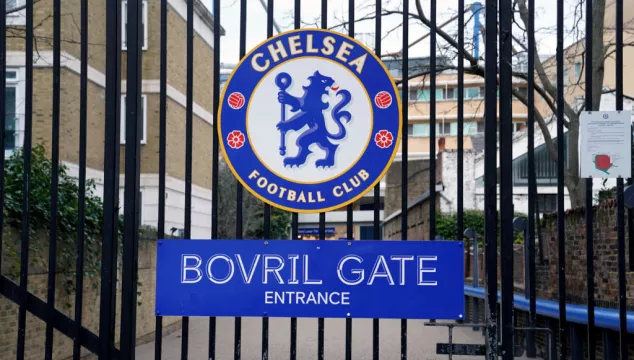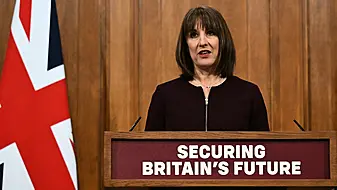Chelsea owner Roman Abramovich was sanctioned by the UK government on Thursday, putting the Stamford Bridge club’s future into doubt.
Here, we look at what has happened and what is next for the Blues.
What has happened to Abramovich?
1/ 4🧵Putin’s attack on Ukraine continues & we are witnessing new levels of evil by the hour. Today the Government has announced further sanctions against individuals linked to the Russian Government. This list includes Roman Abramovich, the owner of Chelsea Football Club.
— Nadine Dorries (@NadineDorries) March 10, 2022
The UK government has imposed sanctions on Abramovich as “a person who is/has been involved in destabilising Ukraine”, in the wake of Russia’s continued invasion of Ukraine. Boris Johnson’s government believes Russian-Israeli billionaire Abramovich has had a “close relationship for decades” with Russia’s president Vladimir Putin. Abramovich has always denied those links.
What does that mean for Chelsea?
There can be no safe havens for those who have supported Putin's invasion.
Today's sanctions are the latest step in our ruthless pursuit of those who enable the killing of civilians, destruction of hospitals and illegal occupation of Ukraine.https://t.co/VCwRnsvEps pic.twitter.com/1cj2XVVpWi— Boris Johnson (@BorisJohnson) March 10, 2022
Chelsea would have been frozen just like Abramovich’s other UK assets, but for a special licence granted by the government to allow the Stamford Bridge club to keep operating.
What’s in store for Chelsea’s future?
Statement from Roman Abramovich.
— Chelsea FC (@ChelseaFC) March 2, 2022
Abramovich put the club up for sale on March 2nd, in light of Russia’s invasion of Ukraine. A sale could still happen despite the sanctions against Abramovich however, but that will require special government dispensation.
So how would a sale of Chelsea work now?

The UK government has said it remains “open” to the possibility of a Chelsea sale, but that would require Treasury approval for a new licence. Most of the existing interested parties are expected to continue their candidacies. Abramovich would not be allowed to profit from the sale. The 55-year-old had pledged to donate all proceeds of the Chelsea sale to a new charitable foundation to benefit the victims of Russia’s war in Ukraine. The government could either oversee a sale entirely, with funds frozen or diverted to a charitable scheme. Or Abramovich could be allowed to continue with a sale, but that would require heavy conditions and oversight.
Can Chelsea keep playing matches?

Yes. The Blues will press on with their fixtures, for both the men’s and women’s teams. Chelsea are seeking amendments to the UK government’s operating licence to allow for as close to normal function as possible.
What about transfers?

Chelsea currently cannot sign any players, nor can they complete new contracts for existing stars. This leaves senior players Cesar Azpilicueta, Toni Rudiger and Andreas Christensen in something of a limbo situation, with the contracts for all three expiring this summer. Barcelona are confident of completing a free-transfer deal for Christensen at the end of the season, and have also made strong overtures towards Azpilicueta. Rudiger had been thought to be close to a new Chelsea deal before Abramovich’s decision to sell the club, but recent events have thrown everything up in the air.
How will this affect supporters?

Beyond concerns for the club’s very future, in the immediate term fans cannot now buy any new tickets to watch Chelsea. Season ticket holders can attend matches at Stamford Bridge, and tickets sold before March 10th will be honoured. But no new sales will be possible. A similar situation has arisen with merchandise, with Chelsea’s club shop at Stamford Bridge closed midway through Thursday morning.







